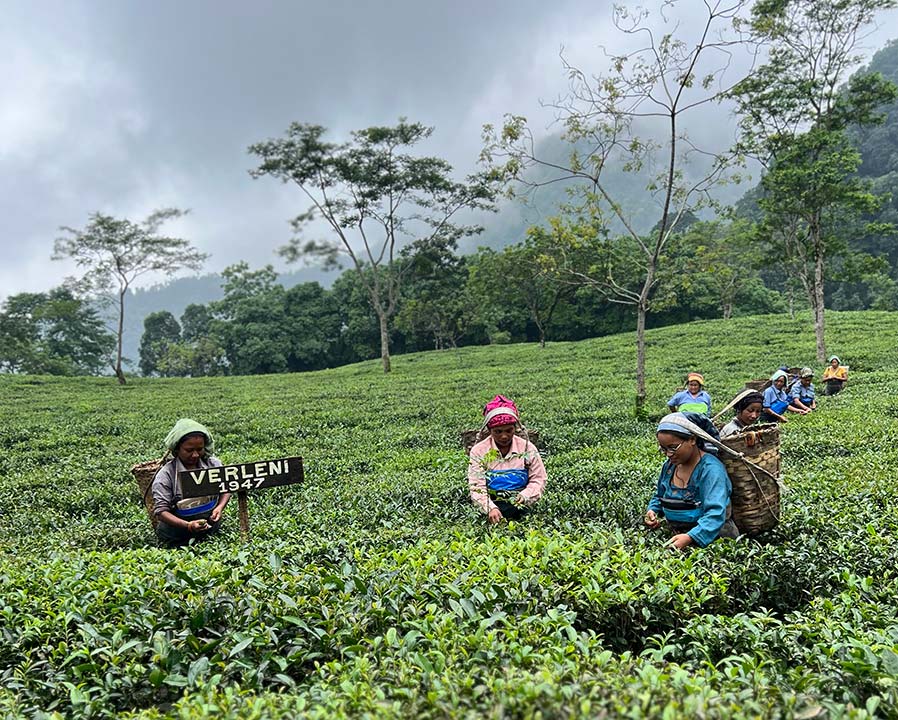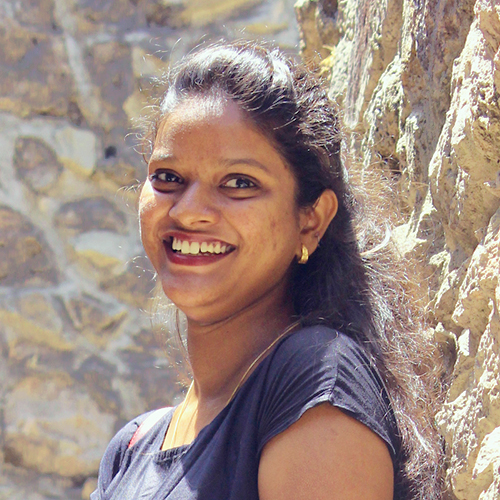- Blog
- Food and Wine
- India
On Independence Day, Makaibari Launches a Luxurious Blend of Swadeshi Tea Called Verleni 1947
- 16th Aug 2023
- 1917
- 0

Makaibari, the first certified organic tea plantation in the world, celebrates India's 77th year of independence with a special launch.
August of 2023, India
India's teapots are about to produce a flavour that is exactly as ancient as India's independence: a flavour that is both rare and distinctive.
Makaibari, the heritage tea estate situated in the misty Himalayan mountains, offers a special collector's item, the Verleni 1947, to commemorate India's 77th year of independence.
Some of the earliest tea shrubs in the Makaibari gardens, which were originally planted in 1947, the year India gained independence from British rule, were used to create this one-of-a-kind, limited-edition tea, which will be available online as of midnight on August 14.
It's fascinating to note that Makaibari is owned by the Luxmi Tea Group, which was founded over a century ago by freedom fighter PC Chatterjee, who used tea as a weapon of resistance against the British as part of India's independence movement. Verleni 1947, one of the finest Darjeeling teas, is produced from Chinese tea shrubs and has a distinct muscatel, floral, and delicate taste.
Rudra Chatterjee, managing director of Luxmi Group, stated:
"Makaibari was always a Swadeshi tea - a Darjeeling estate that was never owned by the British and is now owned by Luxmi Tea Group, a company founded as a tool for Satyagraha by members of the Anushilan Party." He added, "My ancestor fought for independence. This business was founded as an instrument for Satyagraha. However, the first tea estate was not located in British India; rather, it was established on land belonging to the Maharaja of Tripura, who began marketing tea from this estate as "Swadeshi Tea."

PC Chatterjee established his own independent tea cultivation operation without assistance from management firms or London-based experts. Luxmi, formerly known as Indian Tea and Provisions, was founded by students and independence militants of Bengali and Assamese descent who were also rebelling against British authority.
Mr. Atul Rastogi, the CEO of Luxmi Tea Group, stated:
"In 1947, Verlini'47 had a tea planting area of 3.64 hectares. The total cultivated tea area in Makaibari is approximately 240.18 hectares. Chinery vines embody the essence of Darjeeling tea. It develops numerous branches/stems. In the 1800s, Dr. A Campbell established tea nurseries in Darjeeling and Kurseong with government support. Tea seedlings were secreted out of China, and the resulting plants thrived in the humid, high-altitude climate of Darjeeling. According to legend, China tea seedlings from the Kumaun region were transported to establish the first nursery. The company started propagating plants for individuals and small businesses, clearing land for tea gardens."
In addition, from August 15 only 1,000 packets of the limited edition Verleni 1947 will be available to tea enthusiasts. This year's monsoon has been characterised by favourable weather owing to less precipitation than in previous years. The Quality has been excellent up until the beginning of August – the second flush character has persisted and will be a true delight for tea enthusiasts worldwide. It will only be accessible in India via online portals, the Kolkata Airport store, and company counters.
The Luxmi Group is now one of India's largest tea producers, producing over 30 million kilogrammes of tea annually. More than 20,000 individuals are employed by Luxmi Group. Makaibari, the oldest tea facility in the world, dates back to 1859 and is located on a 1440-acre plantation, of which half is a luxuriant forest. In 1988, it was the first garden to be recognised and certified as an organic tea garden. In 1993, it was the first farm to receive both biodynamic DEMETER certification and fair trade certification. Makaibari produces roughly one million kilogrammes of tea annually.
Mr. Chatterjee continues,
"There is no greater tea estate in Darjeeling than Makaibari; it is the king of teas in Japan and among the English royals."
Website: makaibari.in
More about Makaibari
It was the first garden to be certified Organic in 1988, Fairtrade in 1993, and Demeter in 1995. "Partnership, not ownership" is the guiding principle for the majority of Makaibari's Corporate Social responsibility initiatives.
Due to biodynamic and permaculture practises, Makaibari is the only tea garden where organic Camellia Sinensis grows in concord with primary subtropical rain forests.
Kodobari, Fulbari, Koilapani, and Cheptey are located on the western side of the estate, whereas Makaibari, Thapathali, and Chungey are located on the eastern side.
More about Luxmi Tea Group
In 1912, when the tea industry was predominately British, under the guidance of PC Chatterjee, Luxmi Tea was founded as an Indian movement for independence from the British Raj and self-reliance. It has come to represent the spirit of independence, superior products, and the art of tea manufacturing. TV1, Panitola, and Samdang produce the finest tea in Luxmi's tea gardens.
Adopting permaculture and organic agriculture was the initial step towards sustainability. Estates are abandoning the use of chemical additives in favour of natural remedies. Each ounce of processed tea is subject to stringent standard tests and MRL verification.
 Namrata Parab
Namrata Parab


Comments
No comments yet.
Add Your Comment
Thank you, for commenting !!
Your comment is under moderation...
Keep reading luxury post